Indigenous voice to parliament is just a distraction to people struggling to make ends meet


For many Australians who used to buy such items in every grocery shop, these prohibitive prices mean chips will soon become a rare treat – perhaps only to be enjoyed alongside caviar, truffles or French champagne.
Similarly, while steak at the pub or Sunday brunch used to be a weekly outing for many ordinary Australians, price inflation means these enjoyable experiences are now happening much less frequently. Home brew kits for beer are flying off the shelf. And many people can no longer justify spending another $20 on a basic meal of egg and toast from the local cafe.
Yet those of us who only have to worry about the cost of chips or the weekly pub meal are actually doing quite well, comparatively. According to the most recent Taking the Pulse of the Nation survey conducted by the Melbourne Institute and Roy Morgan, more than half of the population (53 per cent) are struggling to make ends meet. Of those aged 18 to 44 that statistic jumps to 60 per cent. Forget about cafe brunch; among this group, more than half report they are having to skip meals entirely. More than half said they could not afford to pay their utility bills. According to the survey, millions of Australians are now forgoing prescription medications and medical appointments in order to eat.
Considering this context, it is becoming increasingly likely the upcoming referendum on the voice, scheduled for later this year, will fail. Unlike increases to minimum and award wages, changing the Constitution – and implementing a new body to advise the government – is not a matter of survival for most Australians. Whatever the merits of the proposal, and whatever the benefits of a voice, hosting a constitutional referendum during a once-in-a-generation cost-of-living crisis represents exceptionally poor timing.
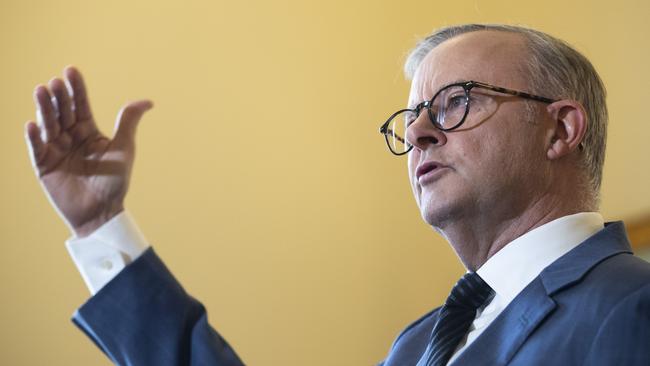
Data from the Australian Bureau of Statistics reveals significant increases in essential expenses over the past 12 months. Food and non-alcoholic beverages are up by 7.9 per cent, transport up 7.1 per cent, rents 6.1 per cent and fuel by a staggering 9.5 per cent. The Australian Energy Regulator has also confirmed that from July 1, energy prices will surge by 25 per cent across some of the most densely populated regions of Australia.
In the depths of winter, when working families explain to their children that they cannot turn on the heater because it’s too expensive, they may question why politicians in Canberra are focusing on anything other than reducing power prices. When the Reserve Bank governor emphasises the necessity of raising interest rates to control inflation, the $364m earmarked for the referendum may seem misplaced. Especially when we are repeatedly told public largesse needs to be reined in for the greater good.
The increasing cost of living may be one reason why support for the Yes vote is in decline. Recent polling by Roy Morgan found only 46 per cent of Australians would have voted yes to the referendum if it were held last week – a substantial drop from previous polls. Analysts have argued that Yes advocates have not made their case clear. But it is hard to make a case to people who are busy working two jobs just to survive.
When millions of Australians are straining to meet their physiological requirements for survival – such as food, warmth and housing – diverting attention to constitutional changes may seem like a distraction. According to Maslow’s hierarchy, basic needs must be met before higher-level needs are even entertained. To many ordinary Australians, the amount of time already spent on discussing the voice has already reinforced the cliche that the political and media class is insulated from commonly experienced problems, such as making rent and paying bills.
The shared struggle faced by Indigenous and non-Indigenous Australians at this time also works to undermine the supposition that Australia is an unfair society in need of rebalancing. Inflation and interest rate hikes do not discriminate according to race.
Non-Indigenous Australians who are forced to liquidate their businesses or sell their homes may feel alienated from a prevailing narrative that portrays them as being the beneficiaries of a system skewed in their favour.
And if individuals facing economic hardship are labelled “racist” by media and political figures advocating for the voice, this alienation may turn into resentment.
A significant portion of the Prime Minister’s widespread appeal stems from his perceived compassion and understanding towards everyday Australians. However, he risks diminishing this perception if progressive policies take precedence over economic concerns.
If the economic situation does not improve prior to the October referendum, the Prime Minister will find himself in a catch-22.
On one hand, he has shown strong support for the voice, staking his legacy on its success. On the other hand, if he becomes a prominent advocate for it during a period of economic hardship, he may come to be seen as part of a privileged and disconnected elite.

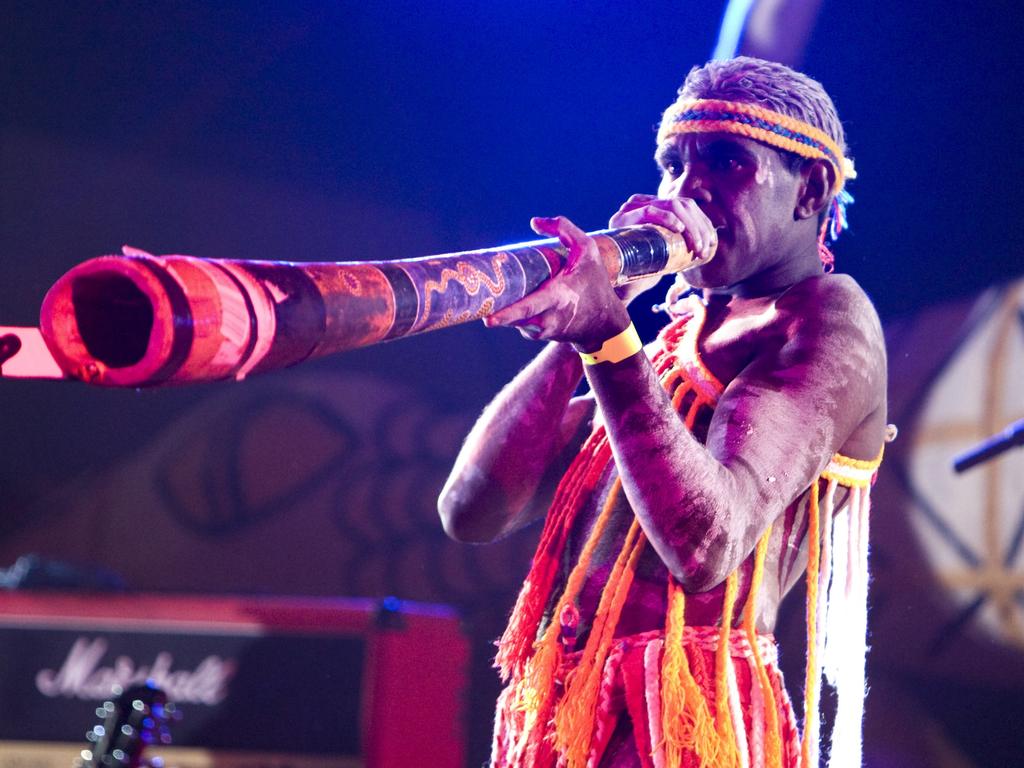

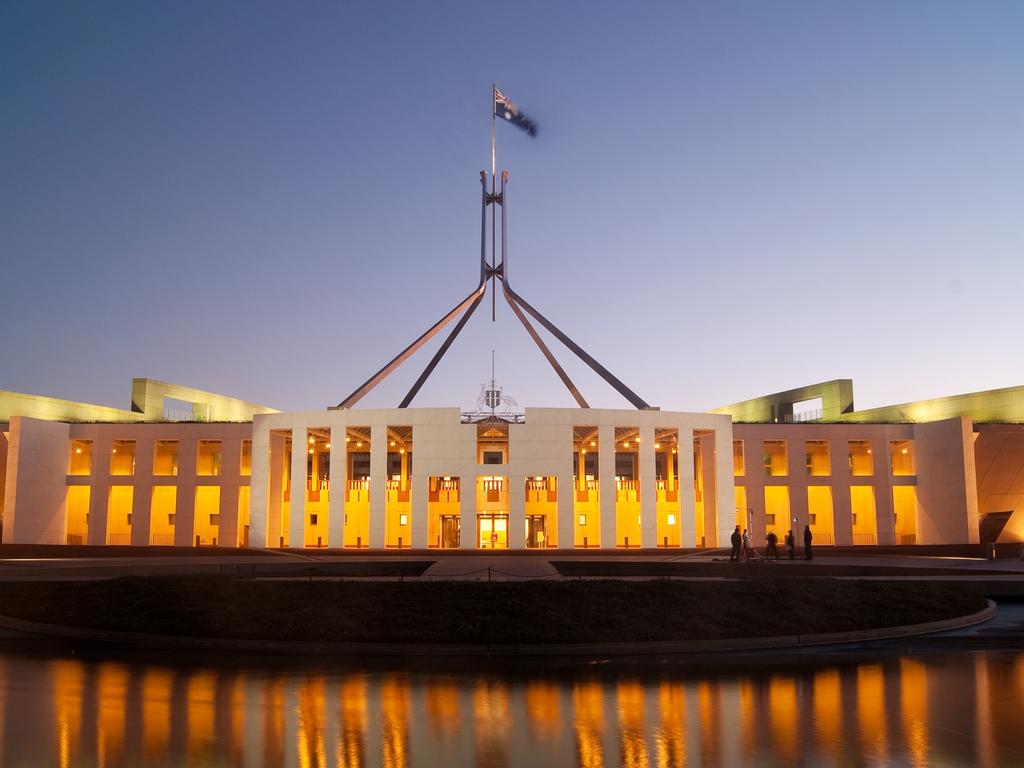
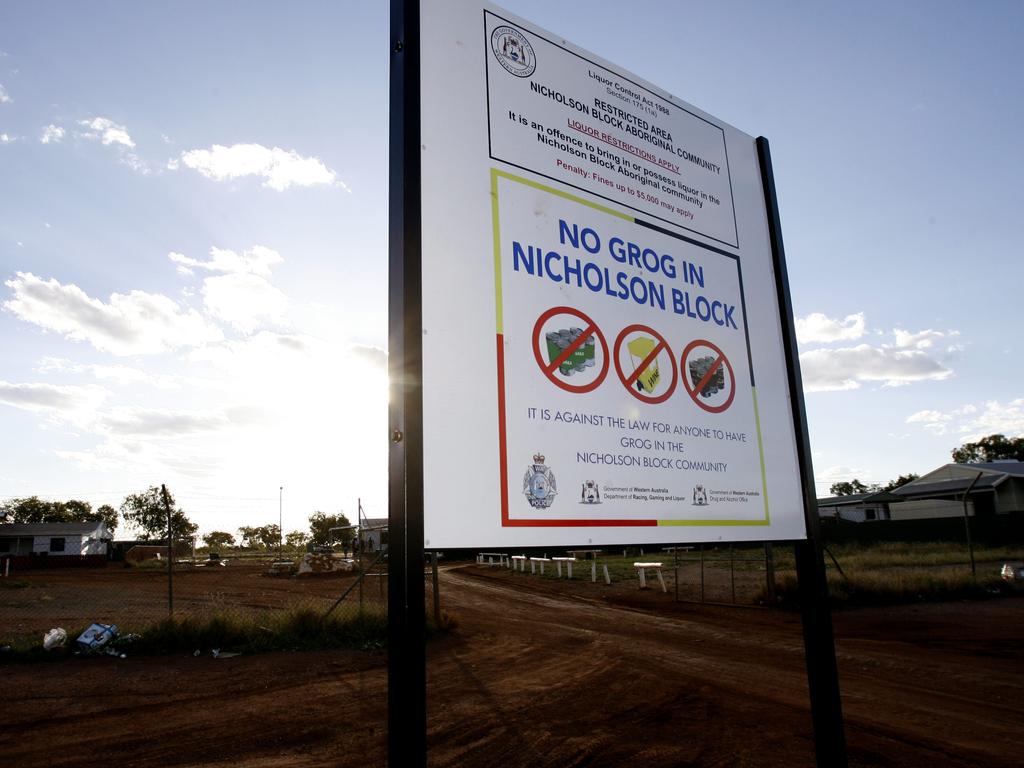
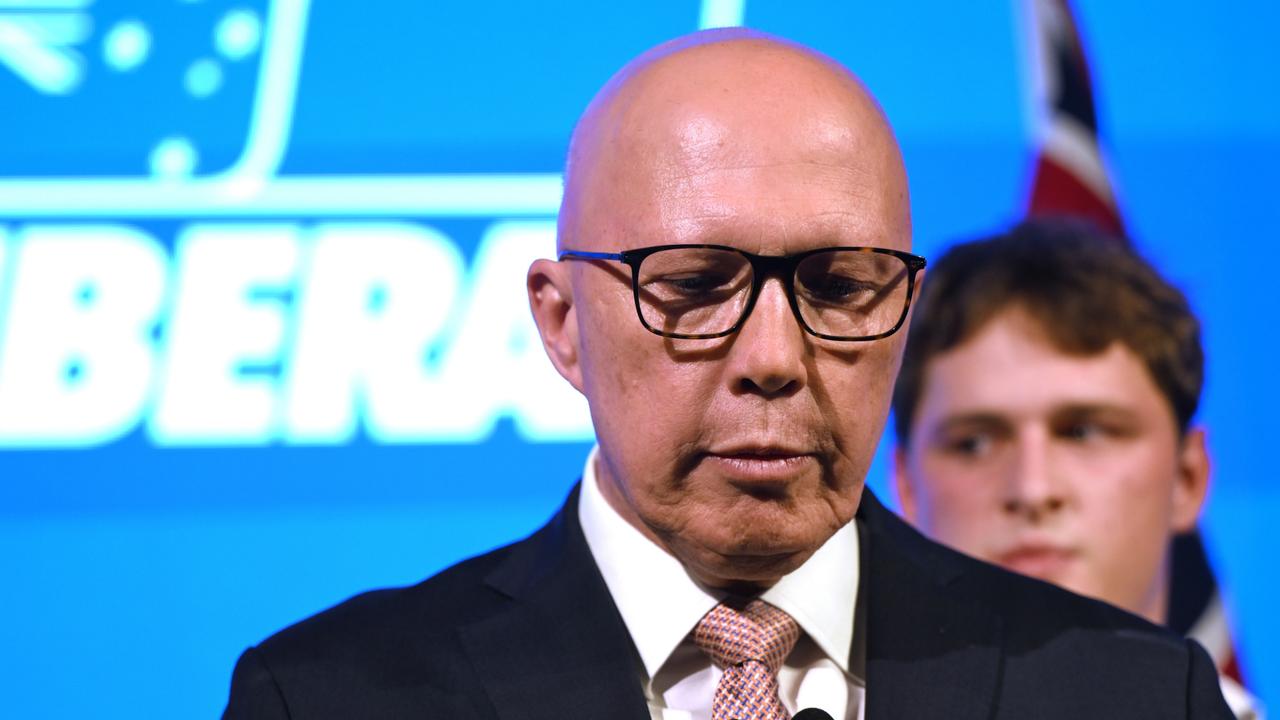
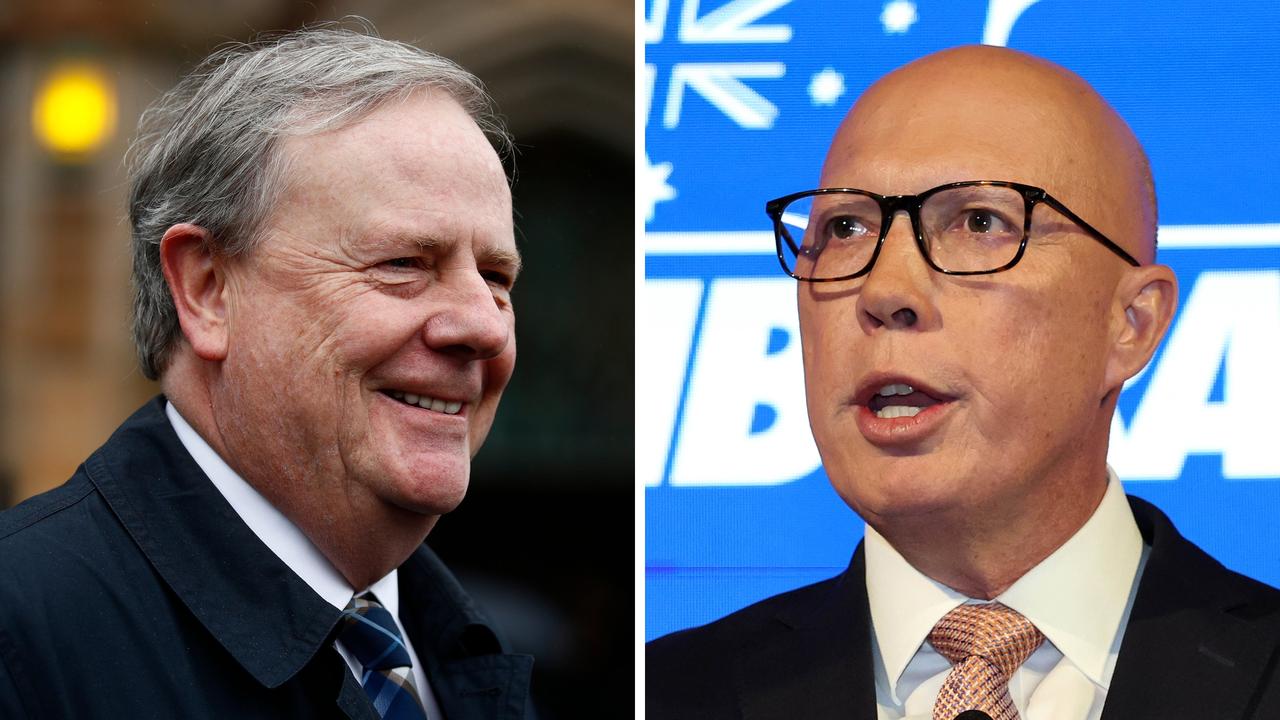
Potato chips are not usually considered a luxury item. But anyone who has walked down the chip aisle in the supermarket in recent months will have noticed a bag of Red Rock Deli crisps now costs $6.50, nearly double the price of just a couple of years ago.